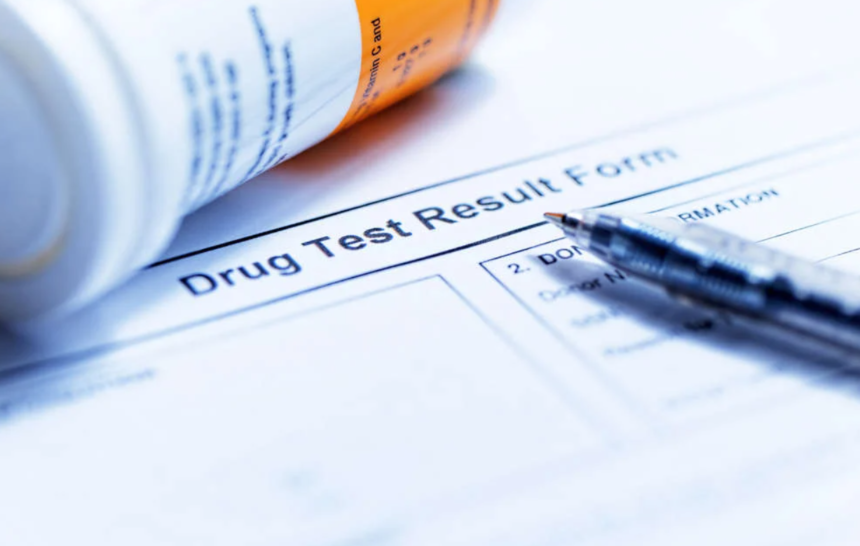In the UK workplace, drug testing is an important part of maintaining a safe and productive environment. A drug testing kit is considered reliable if it delivers accurate results quickly and effectively detects the presence of prohibited substances. This is important for both employee safety and legal compliance. Fast and reliable drug test kits offer peace of mind by providing dependable outcomes, guaranteeing that your workplace remains secure.
A reliable kit should cover a range of commonly abused substances to detect potential misuse accurately. Saliva and urine tests are popular due to their quick turnaround times and ease of use. It’s important to choose kits that are specifically designed for the UK market, addressing both local regulations and common drug use patterns. For instance, fast and reliable drug test kits in the UK can detect substances like cannabis and opiates efficiently.
When selecting a drug test kit for workplace use, consider the kit’s accuracy, ease of use, and detection windows. A kit that produces fast results without compromising accuracy is beneficial for immediate decision-making, especially when employee safety is a priority. These factors contribute to a testing program that aligns with the best practices in the UK.
Criteria for Drug Testing Kit Reliability
When selecting drug testing kits for workplace use in the UK, several key criteria determine their reliability. You’ll want to consider accuracy, sensitivity, compliance, and quality control aspects for effective results.
Accuracy Standards
Accuracy is one of the most important factors in a drug testing kit. A kit should be able to detect substances with high precision, reducing the chances of false positives or negatives. For workplace safety, trusting that the results are correct is non-negotiable.
When evaluating kits, check for those with established accuracy rates, often presented as percentages. Kits that are tested against known standards in controlled settings tend to deliver the most dependable results.
Sensitivity and Specificity
Sensitivity and specificity are technical parameters that affect a kit’s performance. Sensitivity refers to detecting even small amounts of a substance, while specificity relates to identifying the correct substance without misidentifying others. Both elements are necessary for the correct interpretation of tests.
Kits with high sensitivity are capable of identifying low concentrations of drugs, which is important in detecting recent use. Specificity guarantees that the kit won’t confuse similar substances, reducing incorrect results.
Certification and Compliance
A reliable kit should comply with UK regulations for workplace drug testing. This often involves adhering to standards for safety, procedure, and ethics. Checking for certification from recognised bodies can be a quick way to verify compliance.
Look for kits endorsed by professional regulatory bodies. These certifications signal that a kit meets stringent guidelines, providing you with peace of mind that it is suitable for workplace use.
Quality Control and Calibration
The reliability of drug testing kits can be improved through rigorous quality control processes. Regular calibration of the kits helps maintain their accuracy over time. Quality control involves systematic oversight to detect any defects early.
Kits that come with detailed quality control checklists and easy calibration instructions simplify the testing process. You’ll find that consistent quality control guarantees test reliability, making them a dependable option for workplace testing environments.
Implementation in the Workplace
Implementing drug testing in the workplace involves clear procedures, staff training, and attention to privacy. These steps help maintain a safe and fair environment for everyone involved.
User Training and Competence
For successful implementation, it is important to train staff who will be conducting the tests. Your team should understand how to collect samples and use testing kits properly. This training reduces the chance of errors and increases trust in the results.
Training sessions can also cover how to handle difficult situations, such as employees refusing to take the test. Providing staff with skills and knowledge can improve the testing process within your organisation.
Policy and Procedure Adherence
Having a clear policy on drug testing is key. This policy should outline when and why testing is done, who will be tested, and the consequences of positive results. Make sure everyone in the workplace knows the policy.
It’s important that your procedures follow the UK’s legal requirements and respect employee rights. Regular reviews of policies can keep them up to date and reduce potential legal risks.
Data Privacy and Ethical Considerations
Data privacy is an important part of workplace drug testing. It is good practice to limit access to test results. Only authorised personnel should view or handle the data. This is important to protect employee privacy and maintain trust.
It’s also important to store results safely and follow data protection regulations. Ethical considerations, like treating all employees fairly, are important too. By focusing on ethics and privacy, you can help build a better workplace environment.
Conclusion
When selecting a drug testing kit for your workplace, start by considering the types available. Urine, saliva, and hair tests each have unique features.
Accuracy and speed are aspects you need to consider. Quick results can be helpful in making timely decisions.
Cost is another factor to think about. Balancing accuracy and budget is important for long-term use.
Training for those conducting the tests can improve results. Proper training helps maintain consistent and correct testing practices.
Lastly, check that your kits are approved for use. This helps in meeting workplace safety regulations and standards.














